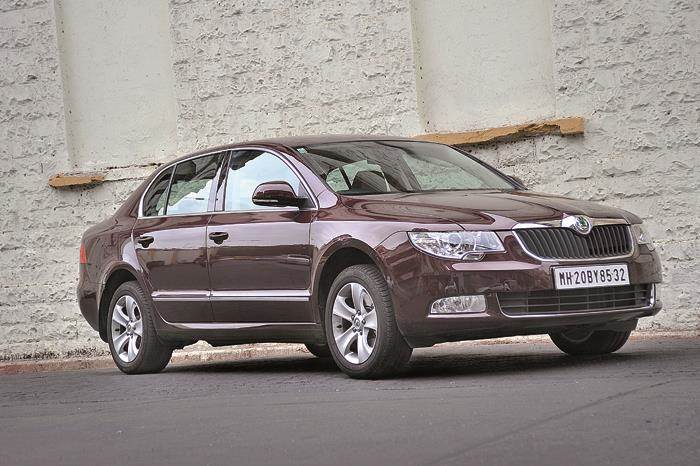The Volkswagen Group is finally gearing up to recall its cars in India, one year after the NOx (nitrogen oxide) emissions scandal broke worldwide, and nine months after the recall was announced in India.
The recall is likely to commence in a phased manner by end-September with the previous-generation Skoda Superb. The engine in question is the 2.0-litre EA 189 common-rail diesel, which was at the centre of the global scandal.
In a reply to our query, a company spokesperson said, “We have received approval for updating the first set of cars with 2.0-litre EA 189 diesel engines and will initiate a recall of the previous-generation Skoda Superb (discontinued in calendar year 2015) that will entail a software update.”
Of all its diesel vehicles, the 1.2-litre and 2.0-litre units will need a software update whereas the 1.5-litre (downsized version of the 1.6-litre) will require a hardware change in addition to the software update. The hardware change is a small plastic filter or a mesh that will be placed inside the engine's air intake.
Globally, vehicles involved in the scandal were fitted with a “defeat device” or software to circumvent the emission test. The car was designed to recognise when it was undergoing a laboratory test procedure on a rolling road and seamlessly swap to a low-emission setting. But when on the road, the vehicle would stay on a setting that would deliver more power and better fuel economy, but higher emissions.
Although VW Group cars needed both, the above mentioned software and the setting to pass stricter emission norms in other countries like the US and the EU, this is not the case in India. Indian car owners could experience a drop in power and fuel economy, which is theoretically a trade-off for correctly complying with emission norms.
The Volkswagen Group India maintains that the voluntary recall is a means to keep the EA 189 engines “in line with the latest technical updates” announced for the European market. The company said that this is a voluntary recall and the update or the lack of it, does not impact the safety or performance of the vehicle.
The company representatives or its dealers will soon contact the car owners involved in the first phase of recall, about when they can visit the workshop for the required technical update.
According to a company spokesperson, the recalls for the remaining cars equipped with the 2.0-litre and others with 1.6-, 1.5-, and 1.2-litre engines will happen in a phased manner and there will be different clusters even within the engine type, with vehicles being segregated according to power outputs and gearboxes.
The spokesperson said the complexity of the process – involving several brands, models and model years, along with different engine variants – was the reason for the almost nine-month delay.
Also read



Comments
Member Login
Personal Details
No comments yet. Be the first to comment.